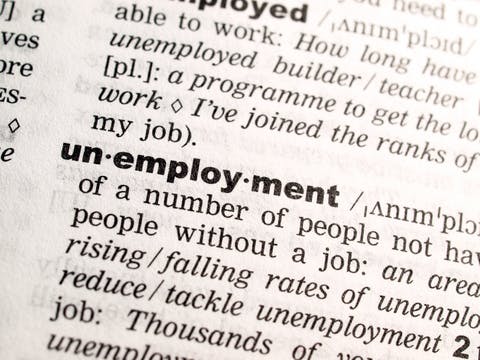CNN/Money is reporting that the unemployment benefits extension bill has been signed by President Obama. The signing capped off weeks of debate on the bill and blocks by Senate Republicans as well as Democratic Senator Ben Nelson, who argued the legislation should be paid for. From the story:
Federal unemployment payments, which last up to 73 weeks, kick in after the state-funded 26 weeks of coverage expire. These federal benefits are divided into tiers, and the jobless must apply each time they move into a new tier.
The payments will be retroactive to the previous deadline of June 2. But it could take up to a month for states to start sending the checks again, experts said.
While it is good news for the unemployed who have exhausted their maximum payouts, not everyone is happy with the new law.
People delay getting back to work
Many of the arguments around extension of unemployment go back to the age-old myth that unemployment payments contribute to the jobless rate. This is a problematic reason to not extend unemployment benefits states Todd Raphael in his personal blog (Raphael is Editor in Chief or ERE.net, a sister publication of TLNT). He argues, “We give tax credits to the ‘working poor.’ Some people get it who shouldn’t, a problem that needs addressing, but it shouldn’t be cause to eliminate the whole credit.”
As illuminated in a BusinessWeek article earlier this week though, unemployment extensions have only had a modest impact on the rate of national unemployment.
Taxes, deficits and PAYGO
Senate Republicans (often with the help of a few Red State Democrats) have used the pay-as-you-go (PAYGO) argument as a stalling technique for unfavorable legislation. Many Republicans have argued that the argument over unemployment benefits isn’t about extending at all, simply finalizing how they will be paid.
While deficit hawks applaud the action to bring attention to rising unfunded government liabilities, it seems like a cruel pawn to make political points with. For those who exhausted their benefits at the beginning of June when the extensions ran out, it is likely to be several more weeks before states can take action and distribute these checks to the needed parties.
The impact of the crunch isn’t just impacting the unemployed either. One commenter on Raphael’s blog pointed to his state unemployment taxes going up 50 percent. With state unemployment funds getting hit harder by the unemployed, states are turning to the businesses that fund unemployment, and the federal government, to cover that gap. Raising unemployment taxes means a higher payroll cost, probably the last thing any business needs at this point.
Looking for longer term solution
Obviously extending unemployment isn’t the optimal solution. What everyone wants is more jobs, more quickly. Even the White House admits this isn’t a short term solution.
“I think it is fair and safe to assume that we are not going to wake up at the end of November and find ourselves at a rate of unemployment that no one would consider not to be still in an emergency,” said Press Secretary Robert Gibbs at a press conference earlier this week.
While extending unemployment benefits yet again may leave a bad taste in some people’s mouth, everyone can agree that finding more jobs is the key to making sure the issue doesn’t come up again in the next few months.
